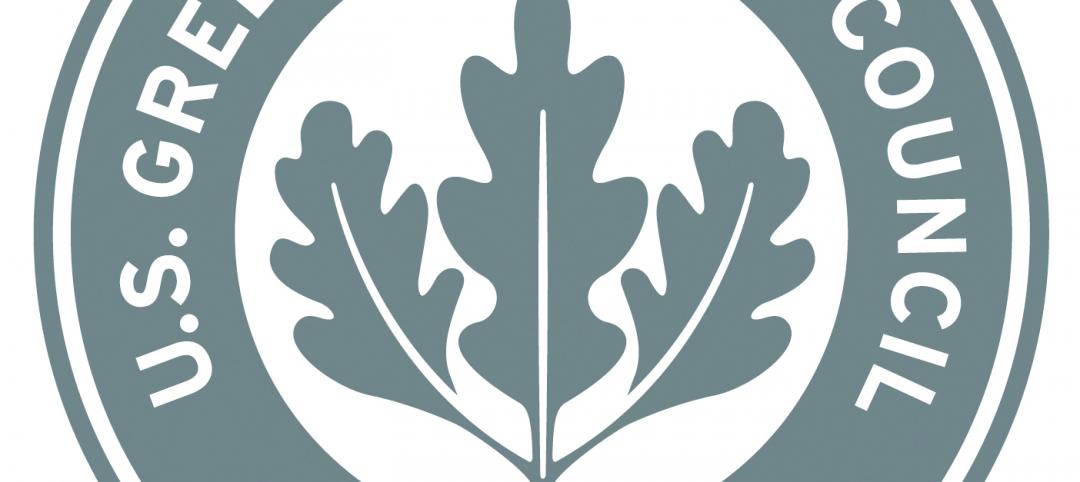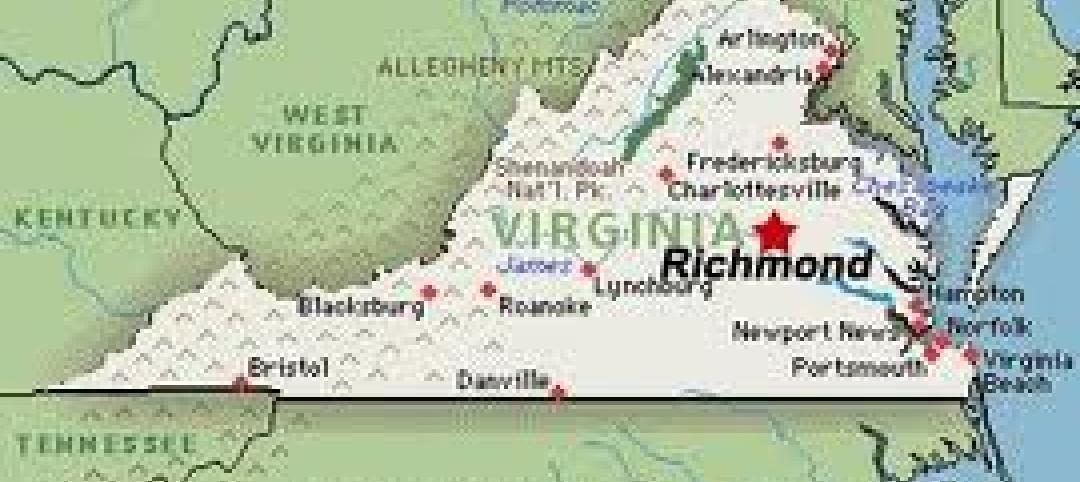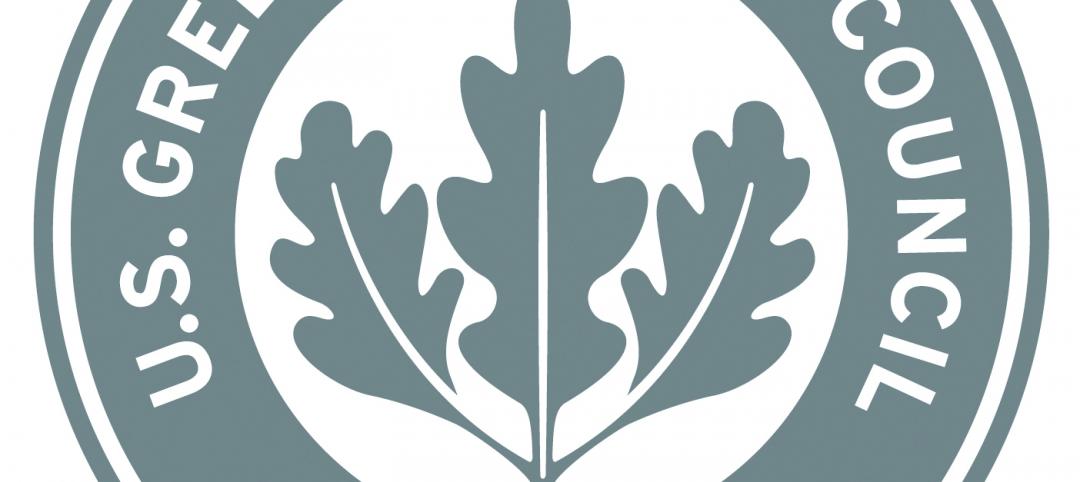About 90% of California’s furnaces and water heaters currently run on natural gas or propane, and these are significant sources of carbon emissions.
Most of these systems will have to be converted to high-efficiency heat pumps and solar thermal heating for the state to meet its ambitious decarbonized buildings goal. These technologies will have to be supported with more energy efficiency measures and batteries to store solar energy.
Renewable electricity won’t be enough to meet 2030 greenhouse gas reduction goals. Twenty-five percent of total emissions in California are from homes and buildings.
Two new programs aimed at reducing emissions from buildings will launch this year: Building Initiative for Low Emissions Development (BUILD), and Technology and Equipment for Clean Heating (TECH). The programs will test different approaches to decarbonizing buildings. The programs will receive $200 million over four years from natural gas utility carbon allowance proceeds derived from the state’s cap and trade program.
Related Stories
| Feb 23, 2012
Federal budget cuts put major building projects on hold
A plan to build the National Bio and Agro-Defense Facility in Kansas is among several major building projects in jeopardy after the Obama administration’s 2013 budget was unveiled. The budget would cut all construction spending for the facility.
| Feb 23, 2012
Federal agencies fixed on leasing LEED-certified space
The federal government is especially focused on renting LEED-certified spaces.
| Feb 23, 2012
Regulators investigating construction accident at World Trade Center
The New York Port Authority and the city’s fire and building departments are investigating an accident at the World Trade Center construction site in lower Manhattan after a crane dropped steel beams that fell about 40 stories onto the truck that delivered them.
| Feb 23, 2012
New Virginia statewide building code goes into effect March 1
After March 1, all building plans in Virginia must adhere to the 2009 code that was adopted a year ago.
| Feb 23, 2012
Privatizing flood insurance could lead to new code requirements
One thing that could pave the way toward private flood insurance would be NFIP reforms, like requiring new construction in flood-prone areas to be elevated.
| Feb 22, 2012
ACI BIM manual for cast-in-place concrete in development
The improved communication, coordination, and collaboration afforded by BIM implementation have already been shown to save time and money in projects.
| Feb 20, 2012
Comment period for update to USGBC's LEED Green Building Program now open
This third draft of LEED has been refined to address technical stringency and rigor, measurement and performance tools, and an enhanced user experience.
| Feb 20, 2012
GAF introduces web portal for architects and specifiers
The new portal offers a clean look with minimal clutter to make it easier to find the technical information and product data that architects need.















